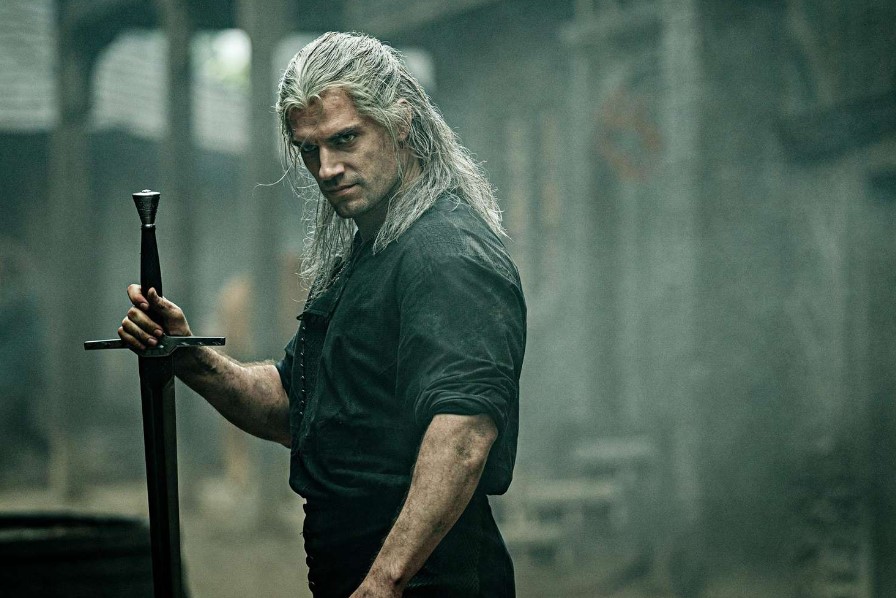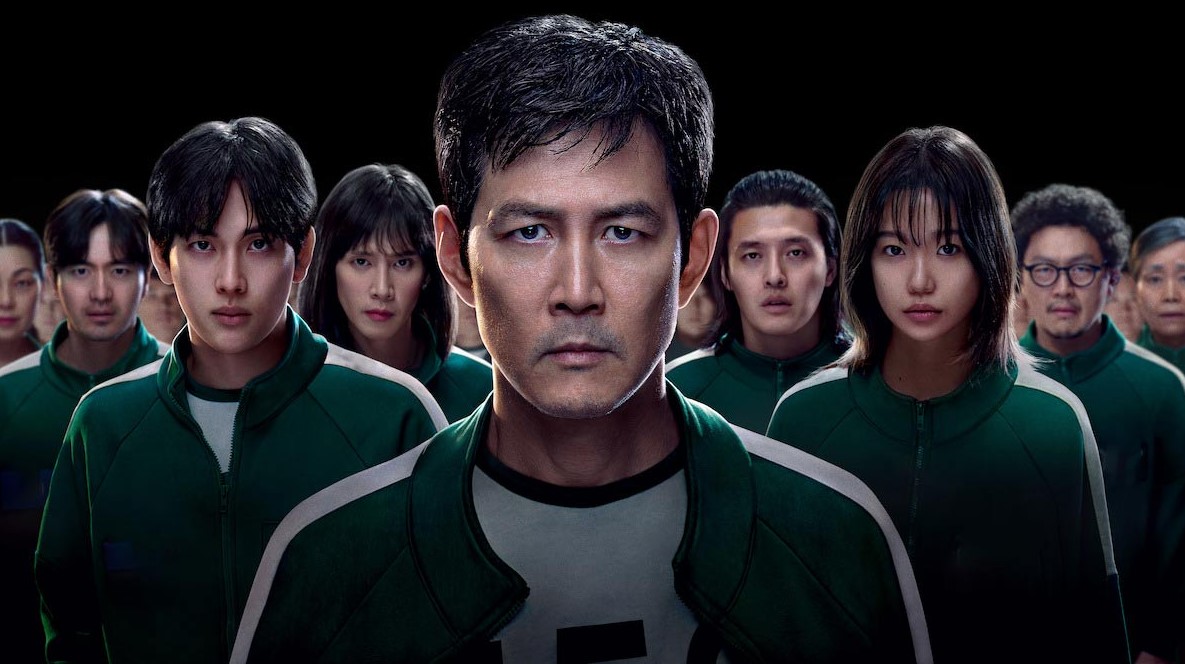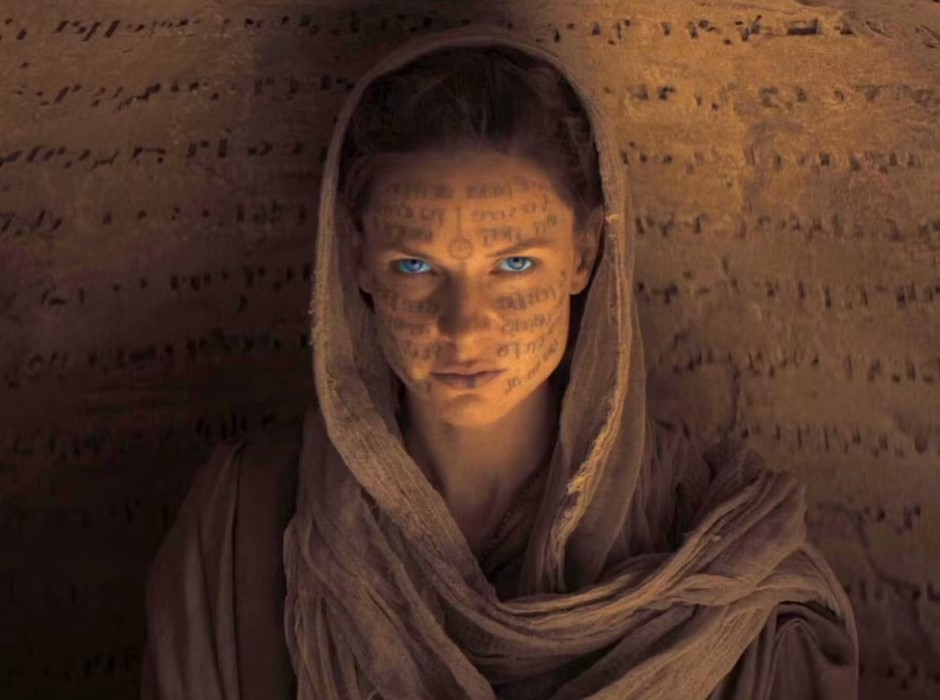The Witcher, Netflix’s hit fantasy series, has captivated audiences with its dark, magical world inspired by the books by Andrzej Sapkowski.
Known for its epic storylines, dynamic characters, and stunning visuals, The Witcher follows the adventures of Geralt of Rivia, a monster hunter navigating a complex world filled with powerful sorcerers, mythical creatures, and political intrigue.
This article explores the series’ plot, filming locations, the cast across four seasons, and the directors who brought the show to life.
| Genre | |
|---|---|
| Created by | Lauren Schmidt Hissrich |
| Based on | The Witcher by Andrzej Sapkowski |
| Showrunner | Lauren Schmidt Hissrich |
| Starring |
|
| Composers |
|
| Country of origin |
|
| Original language | English |
| No. of seasons | 3 |
| No. of episodes | 24 |
| Production | |
| Executive producers |
|
| Producer | Beau DeMayo |
| Production locations |
|
| Cinematography |
|
| Editors |
|
| Camera setup | Single-camera |
| Running time | 47–67 minutes |
| Production companies |
|
| Original release | |
| Network | Netflix |
| Release | December 20, 2019 – present |
Plot Summary of The Witcher
The Witcher revolves around Geralt of Rivia, a solitary monster hunter with supernatural abilities gained through mutation. Geralt’s journey intertwines with those of other central characters, including Yennefer of Vengerberg, a powerful sorceress, and Princess Ciri, who harbors mysterious powers.
Where Was The Witcher Filmed?
- Hungary: Many
- Poland: Some scenes were shot in Poland, where the story’s original mythology originates.
- Spain: Spain’s rugged terrain and ancient architecture feature prominently in outdoor scenes, creating the breathtaking backdrops for battles and mythical forests.
- Scotland: From Season 2 onwards, Scotland’s landscapes became iconic parts of The Witcher’s world, with its vast highlands and moody skies enhancing the show’s epic tone.
Directors and Production Team
The Witcher was created by Lauren Schmidt Hissrich, who also serves as the showrunner. Hissrich’s creative vision captures the depth and complexity of Sapkowski’s world, delivering a faithful yet cinematic adaptation that appeals to fans of both the books and the games. Throughout the seasons, the show has had various talented directors, each bringing a unique style to the storytelling, including Alik Sakharov and Stephen Surjik, known for their work on other high-profile series.
Cast and Characters (Seasons 1-4)
With its diverse and talented cast, The Witcher brings Sapkowski’s iconic characters to life. Below is a look at the main cast across the first four seasons:
Season 1 Cast
- Henry Cavill as Geralt of Rivia: The titular witcher, a monster hunter with a moral code and mysterious past.
- Anya Chalotra as Yennefer of Vengerberg: A powerful sorceress with a tragic past and complex relationship with Geralt.
- Freya Allan as Princess Cirilla (Ciri): A young princess with a mysterious destiny linked to Geralt.
- Joey Batey as Jaskier: A bard and Geralt’s occasional companion, providing both comic relief and heart to the series.
- MyAnna Buring as Tissaia de Vries: Yennefer’s mentor and a powerful figure in the world of magic.
Season 2 Cast
Season 2 continued with the main cast from Season 1, expanding to include new characters:
- Kim Bodnia as Vesemir: An older, experienced witcher and Geralt’s mentor.
- Paul Bullion as Lambert: Another witcher who shares a brotherly bond with Geralt.
Season 3 Cast
Season 3 added more complexity to the storyline, with both new characters and evolving dynamics:
- Robbie Amell as Gallatin: Leader of the Scoia’tael, a faction of non-human fighters.
- Meng’er Zhang as Milva: A skilled archer allied with Geralt.
Season 4 Cast
In Season 4, fans will see a major change, with Liam Hemsworth taking over the role of Geralt from Henry Cavill. This season will dive further into the political and magical complexities of the Continent, with returning cast members and new characters set to deepen the plot.
Themes and Impact of The Witcher
Beyond its gripping battles and spellbinding visuals, The Witcher tackles profound themes, including destiny, the nature of good and evil, and the weight of choices. The show also explores power dynamics, human prejudice, and loyalty, reflecting the moral grayness of its world and characters. Its success has further expanded the fantasy genre on screen, bringing a beloved book and game series to a wider audience.
Conclusion
The Witcher continues to captivate with its rich storyline, extraordinary cast, and awe-inspiring visuals. With a talented production team dedicated to authenticity and immersive storytelling, the show offers fans a fantastical journey into a complex and beautifully crafted world. Whether you’re drawn to its mythical creatures, intricate plotlines, or iconic characters, The Witcher has cemented itself as a must-watch series in the fantasy genre.



